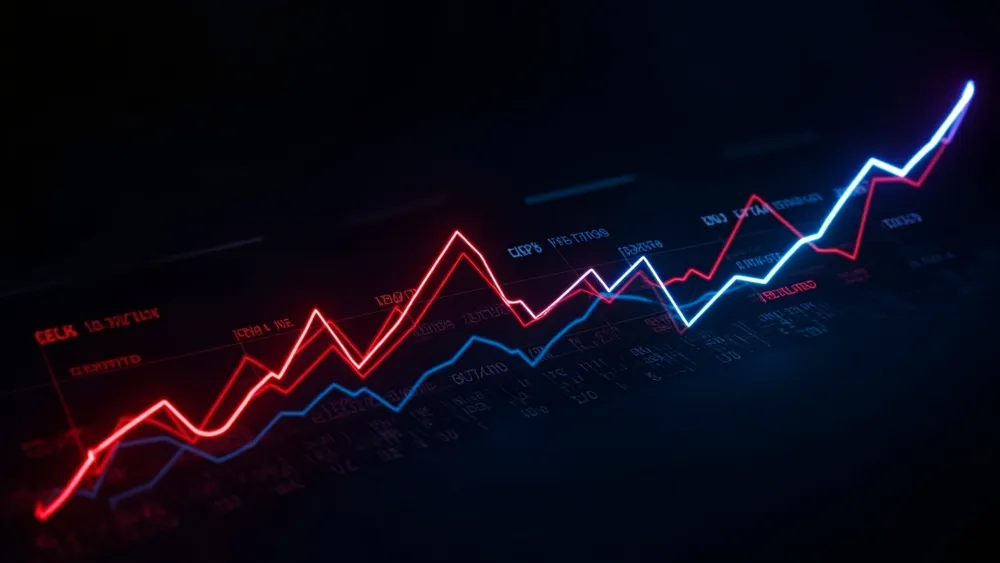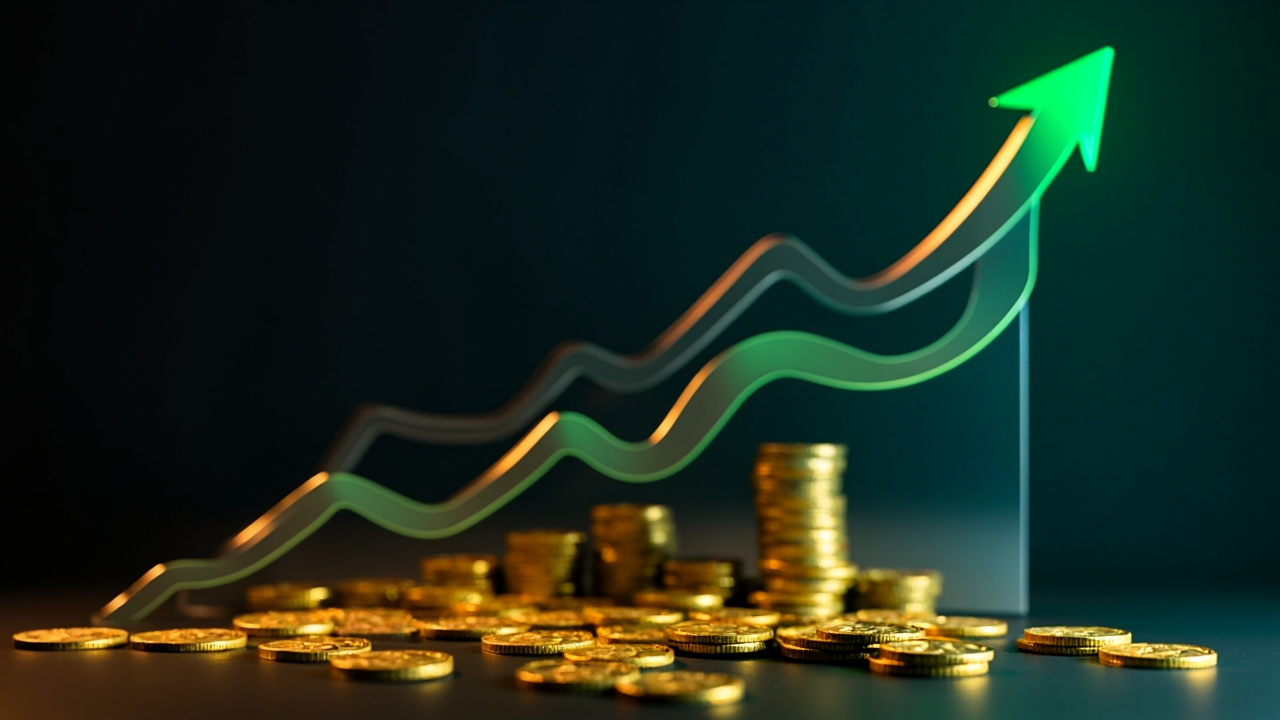Trump's Tariffs: Analyzing Their Impact on Inflation and Market Dynamics

The current analysis surrounding President Trump's tariffs and their unexpectedly muted impact on inflation highlights a significant juncture in U.S. economic policy and consumer behavior. Given the pervasive fears that protectionist measures would spike consumer prices—drawing parallels to past economic adversities like the Smoot-Hawley tariffs—investors should take note that the immediate repercussions of these tariffs have not manifested as anticipated. This raises questions about the broader economic landscape and how strategic investor responses might adapt to forthcoming fluctuations.
Recent data from the Bureau of Labor Statistics revealed a mere 0.1% increase in prices during May, contradicting widespread fears of inflationary pressures linked to tariff implementations. The limited impact of these tariffs is attributed to a combination of pre-tariff stockpiling and a delayed pass-through effect, underscoring the complexities of transitory versus structural inflation. Only specific sectors—like canned fruits, roasted coffee, and durable goods—have seen upticks in price, suggesting that consumers' immediate inflationary concerns may not be as pronounced while the bulk of the economic activity remains stable. However, future months may yield different narratives as the true effects of tariffs begin to unfold. Indeed, one must ponder: how resilient can consumer behavior remain in the face of potential price increases?
Interestingly, the evolving market scenario poses risks as well as opportunities. A cautious approach is advised for investors, particularly regarding sectors sensitive to consumer sentiment—playing an essential role in driving nearly 70% of economic activity. As we see signs of consumer hesitance, with reductions in discretionary spending like vacations, businesses may struggle with pricing power. The Federal Reserve's potential response, dependent on inflationary trends and consumer spending, will be pivotal for market adjustments. Historical precedents indicate that delayed reactions, as seen during the Great Depression, can exacerbate economic weaknesses. Viewing the recent resilience against tariffs through a broader lens, institutional investors should consider hedging strategies that account for potential reactions from both the consumer base and regulatory bodies as they navigate this landscape.
Read These Next

2025 Summer Davos: Spotlight on Entrepreneurship & Global Growth
The 2025 Summer Davos Forum, in late June, focuses on entrepreneurship, innovation, and global economic growth discussions.

Company's Financial Performance and Strategic Outlook Following Share Issuance
An insightful look into a company's recent annual report detailing its share issuance, financial trends, and the associated risks and opportunities.

Musk's Favorability Decline: Impact on Tesla and Investors
A commentary on Elon Musk's declining favorability among Republicans and its potential impact on Tesla's stock and market perception, emphasizing the need for careful investment strategies.
